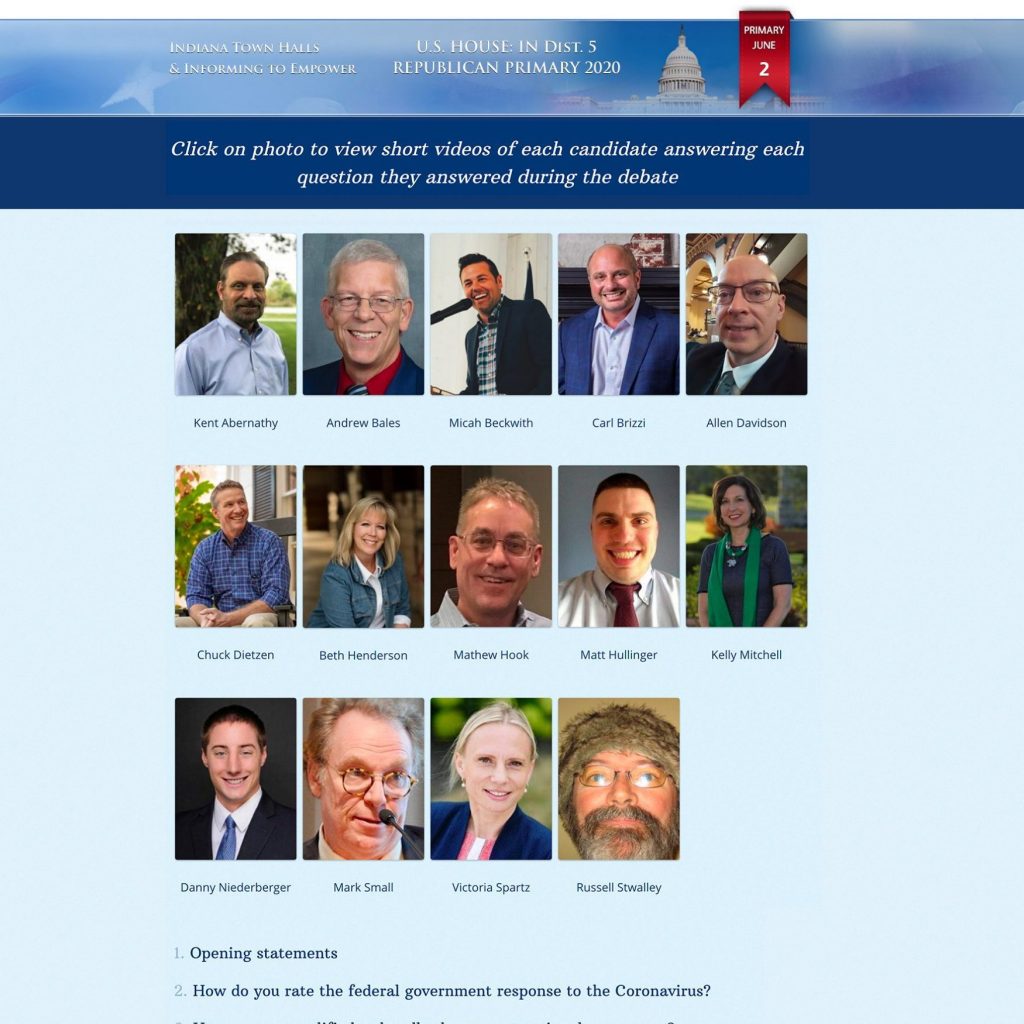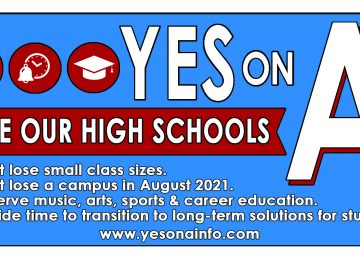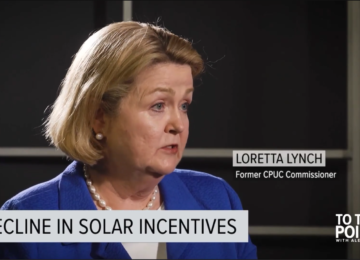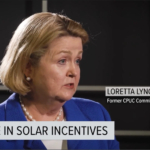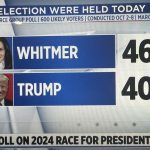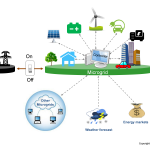The coronavirus struck during the beginning of the primary election season and political debates were among the first events affected. Many debates were cancelled, while other important congressional debates are now being held virtually as moderated Zoom events.
A ground-breaking new web platform called the Candidates Video Debate recently launched to help voters more easily access candidate videos and conveniently share them over their social networks. The “democratizing media” platform is now available for some of the most hotly contested elections in the country, including the Republican and Democratic primary for Indiana’s battleground 5th District, Georgia’s 7th district Republican and Democratic primary, and the Democratic primary for Georgia’s coveted open U.S. Senate seat. It is also available to compare Joe Biden and Bernie Sanders’ debate responses on various issues.
The Candidates Video Debate format breaks existing debates into minute long clips of each candidate’s answer to each question asked of them. Visitors can also click on a question to watch and compare videos of each candidate’s answers. They can also click on a candidate photo and watch that candidate’s answers to every question asked.
The system makes it easy to contrast the positions of various candidates without having to sit through a one or two hour debate. While this seems almost an obvious way to present political debates, the Candidates Video Debate is the only platform of its kind.
Informing to Empower, the non-partisan, non-profit that launched the platform, currently has a dozen congressional primary debates on the website in Indiana, Georgia, Texas and California, mostly for open or battleground seats. The organization plans to offer the platform for many of the closely-contested U.S. Senate and congressional seats for November 3rd’s important general election.
(Disclosure: In addition to my role as managing editor here at the Sonoma Independent, I work as Technology Director for Informing to Empower. Jonathan Greenberg, my editor, is also the founder of the organization).
The group has partnered with the Atlanta Press Club and Georgia Public Broadcasting to present their Loudermilk-Young Debate series. Most of the critical races in Georgia, including the Senate Democratic primary and both the Republican and Democratic primaries for the 7th district, are hosted on the site. Lauri Strauss, spokesperson for the Atlanta Press Club said about the platform, “This is an idea whose time has come.”

Among the local groups that Informing to Empower has worked with to present these debates is Indiana Town Halls. Indiana’s 5th district has long been held by the GOP but has been turning purple and is now considered a swing district. The Republican debate in Indiana’s 5th displays the utility of the Candidates Video Debate system. Fifteen candidates participated in the two hour debate and were each asked eight questions.
Instead of having to wade through the two hour long debate or spend time trying to find the questions they’re interested in, voters in the 5th can easily click on the link to any question and watch the answers to that question from the candidates they care about. Voters can easily see what a candidate has said about an issue in their own words. Not only does this make it easy to compare candidate’s views, but it creates a record of their campaign promises in case they are elected.
Clicking on a question about healthcare, voters can contrast the answers of Mark Small, a rare Republican candidate who favors medicare for all, with the more mainstream party positions of candidates Kelly Mitchell or Victoria Spartz, and the more libertarian Russell Stwalley. Candidates Video Debate “allows candidates and voters to quickly and easily learn and share candidates’ positions on specific issues,” said Les Zwirn, co-founder of Indian Town Halls.
Republican State Senator John Ruckelshaus, another Indiana Town Hall founder, stressed that “these forums are win-win for citizens and candidates alike. They provide a safe way for reluctant candidates and office-holders to interact with voters, especially during the COVID closures and disruptions to candidate campaigns.”
Beyond providing a debate format that is more compatible with the type of media modern audiences tend to consume, and one that is easily shareable on social media, Informing to Empower hopes that the system can transform politics as usual. Their stated mission is “to bring transparency, accountability and integrity to an electoral process now corrupted by political advertising paid for by corporate and special interest donors.”
“Our objective is to take money out of politics without new laws or constitutional amendments, which cannot be passed without the consent of the politicians in power who, by definition, benefit from the current donor-corrupted system,” said Informing to Empower founder Jonathan Greenberg.
Board member Liz Abzug, founder of the Bella Abzug Leadership Institute said, “Voters can now learn about congressional candidates without the influence of pundits or the paid political ads that dominate the airwaves day and night.” Kalyanee Mam, a Sundance Award-winning documentarian and Executive Director of Informing to Empower Democracy echoed this sentiment.
“Our intention is to take money out of politics and to build a true democracy by empowering voices that might not be heard otherwise,” she said.
Debates have long been a mainstay in political campaigns, but they have become less and less relevant. It has become common for incumbents in either party to outright refuse to participate in them, thinking that debating could hurt their reelection chances. This decline in the prevalence of debates is unquestionably bad for democracy. Debates are some of the only times in a campaign when candidates are forced to give direct answers to questions and stake out policy positions. When debates don’t take place it becomes much more difficult to hold candidates to their campaign promises.
Media coverage tends to focus more on comparing fundraising totals than on contrasting candidates policies. The debates that are held are often poorly promoted, to the point that it can be difficult to find out when they are scheduled.
The Candidates Video Debate system offers a very real way to make political debates relevant again in the age of social media. Modern voters don’t always have the time to watch a multiple hour long debate in order to find the answers to the issues that motivate them. If they do watch the debate, there is no way for them to share any individual part of it with other voters. Candidatesvideodebate.com elegantly solves both of these problems.
Informing to Empower has posted all twelve debates on their facebook page. The Indiana Republican debate alone has fifty comments and all of the debates appear to be widely viewed and shared. One user commented, “This provides a good insight on these candidates.” Others commented to make a case for their candidate, or say why they think others are unqualified.
The platform is also a useful resource for those seeking office. It provides them and their supporters a way to amplify their message without resorting to paid advertising. Each answer is a ready made soundbite that can be easily shared on social media. Some of the candidates featured in the current debates have expressed appreciation. Georgia Senate candidate John Ossoff’s campaign called the platform “fantastic,” while Republican congressional candidate Karen Handel called it, “A really cool tool.”
Informing to Empower has been working on the project for over a year and launched their first debates in Texas and California in time for Super Tuesday, but with the coronavirus pandemic the system is needed more than ever. With in person events cancelled, virtual debates are now one of the only ways voters can hear from candidates. For these debates to have the impact they should, they need to be presented in a format like the one Informing to Empower has created.
If candidates can’t reach voters virtually, the pandemic will lead to candidates with the most money and name recognition defeating better qualified, but less well funded opponents. The 2020 election cycle stands to become even more of a popularity and financial contest than U.S. elections are already. The pandemic threatens to exacerbate the problems facing American democracy. If adopted widely, Candidates Video Debate can be a solution to both the problems stemming from the pandemic, as well as those that were already deeply ingrained in U.S. elections.


